A New York Supreme Court judge has allowed a lawsuit challenging the accuracy of the 2024 election results in Rockland County to move forward. The case, filed by SMART Legislation—an election integrity group—alleges that both the presidential and U.S. Senate vote counts show irregularities serious enough to warrant a full hand recount.
Justice Rachel Tanguay ruled in May that the evidence raised in the suit was sufficient for the discovery process to begin. This legal step will allow plaintiffs to subpoena records, question election officials under oath, and analyse original paper ballots. The lawsuit names SMART Legislation, the advocacy wing of SMART Elections, as the lead plaintiff.
Voter reports and unusual numbers trigger alarm
The core of the lawsuit revolves around vote totals that, on paper, do not match what voters say happened at the polls. In some districts, hundreds of people reportedly voted for Democratic candidates like Senator Kirsten Gillibrand but not for Kamala Harris, the Democratic presidential nominee. In several of these same districts, Harris received zero votes.
Nine voters in District 39 swore in affidavits that they had voted for independent U.S. Senate candidate Diane Sare. The Rockland County Board of Elections recorded only five such votes. In District 62, five voters reported casting ballots for Sare, but only three were counted.
“This is a nearly 50% shortfall in one case,” said Lulu Friesdat, founder and executive director of SMART Legislation. “There is clear evidence that the Senate results are incorrect, and there are statistical indications that the presidential results are highly unlikely. If the results are incorrect, it is a violation of the constitutional rights of each person who voted in the 2024 Rockland County general election.”
Drop-off data and statistical red flags
Another key focus of the lawsuit is the “drop-off rate”—a term used to describe when voters cast a ballot for one race but leave others blank or vote across party lines.
A drop-off of 1–2% is considered normal. In Rockland County, however, analysts found figures that were anything but. Harris received 9% fewer votes than Gillibrand—a negative drop-off rate—while Donald Trump received 23% more votes than the Republican Senate candidate.
These numbers are statistically rare. According to Max Bonamente, a professor of physics and astronomy at the University of Alabama in Huntsville, “These data would require extreme sociological or political causes for their explanation, and would benefit from further assurances as to their fidelity.”
Bonamente, who authored Statistics and Analysis of Scientific Data, will publish a forthcoming paper based on the Rockland data. His findings suggest that the results in four of the five towns in the county are “statistically highly unlikely” compared with data from 2020.
Why this county, why now?
Though election anomalies have been reported elsewhere, Rockland is the first county where they are being formally challenged in court. Similar issues surfaced in Clark County, Nevada and parts of Pennsylvania, where bomb threats and machine malfunctions disrupted voting.
What makes Rockland stand out is the level of documentation and voter testimony. Beyond the affidavits, many Democrats in the area have reported being turned away from polling places, being told they had already voted, or checking ballot tracking systems only to find their vote was marked as “not cast.”
Friesdat emphasised the need for a transparent recount: “The best way to determine if the results are correct is to examine the paper ballots in a full public, transparent hand recount of all presidential and Senate ballots in Rockland County. We believe it’s vitally important, especially in the current environment, to be absolutely confident about the results of the election.”
Experts urge caution, not alarm
Costas Panagopoulos, a political science professor at Northeastern University, welcomed scrutiny but urged against assuming foul play.
“Statistical irregularities in elections should always be investigated, but the sources of such inconsistencies, which can include error or miscalculation, are not always nefarious,” he said. “Scrutinising election results can strengthen confidence in elections. Mistakes can happen.”
He added: “In any case, it does not appear that any of these inconsistencies would be sufficient to change the outcomes of any of the elections in question in New York state. That does not mean they should not be scrutinised.”
A court hearing has been scheduled for 22 September. Plaintiffs are expected to request a manual recount of every presidential and Senate ballot cast in Rockland County. Depositions and forensic analysis of voting systems may also follow.
While the lawsuit cannot overturn certified results, it may expose deeper vulnerabilities in local election systems—and prompt reforms ahead of future elections. As Friesdat put it, “It’s about protecting each voter’s voice, and ensuring the vote they cast is the vote that counts.”

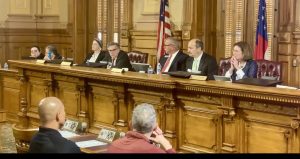

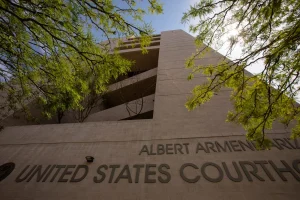

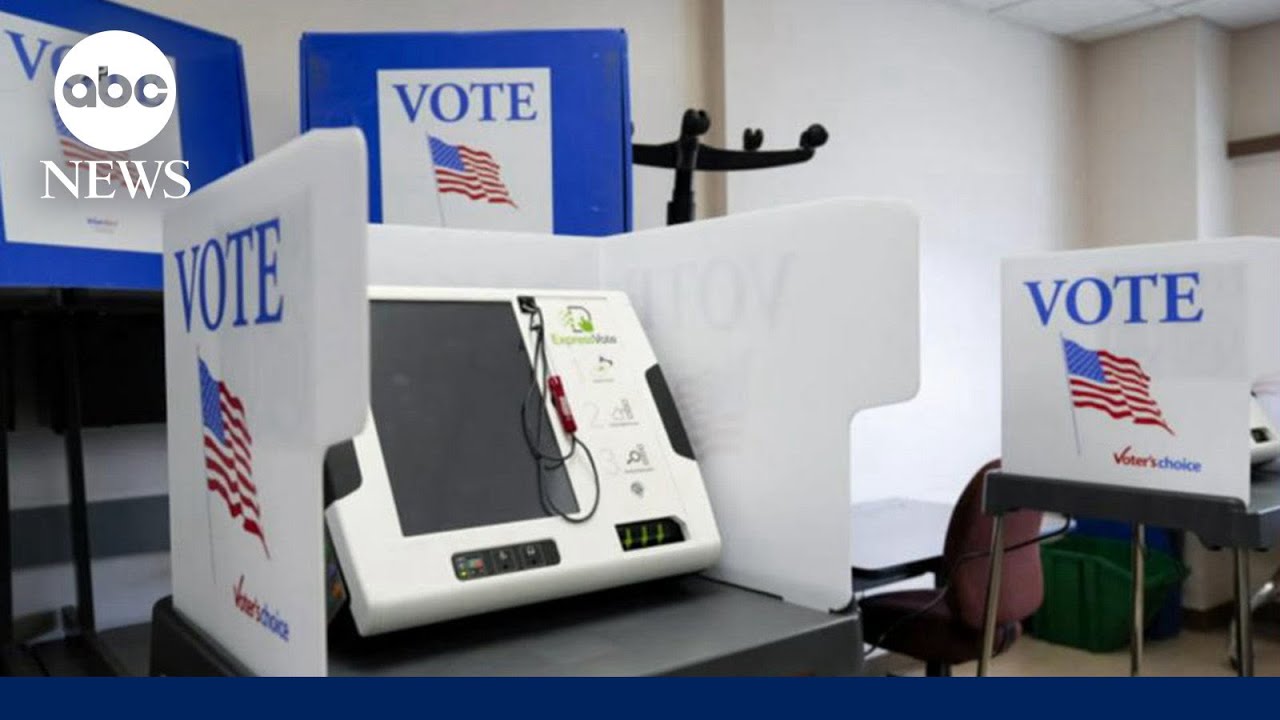
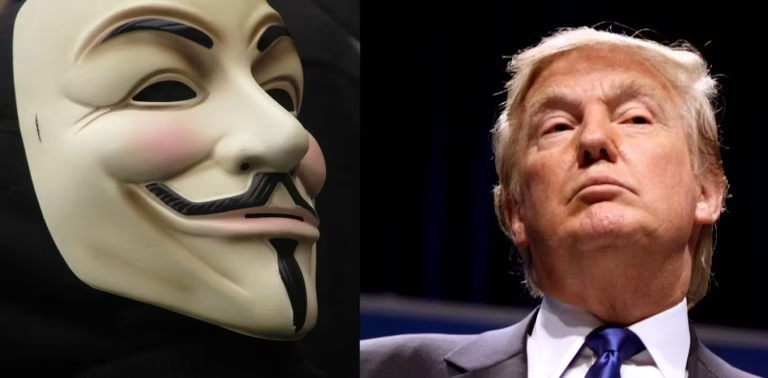
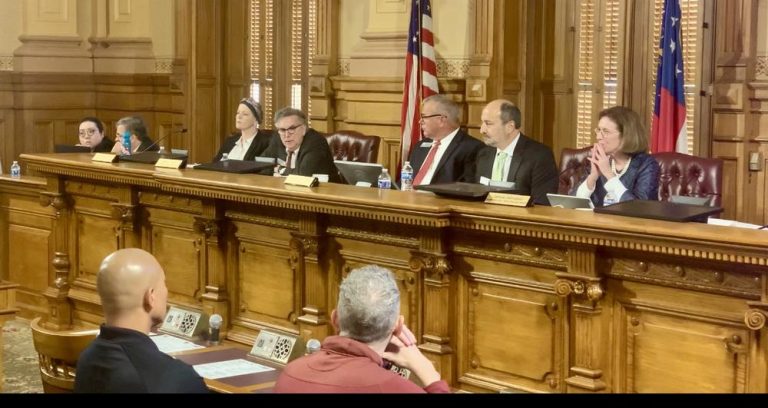

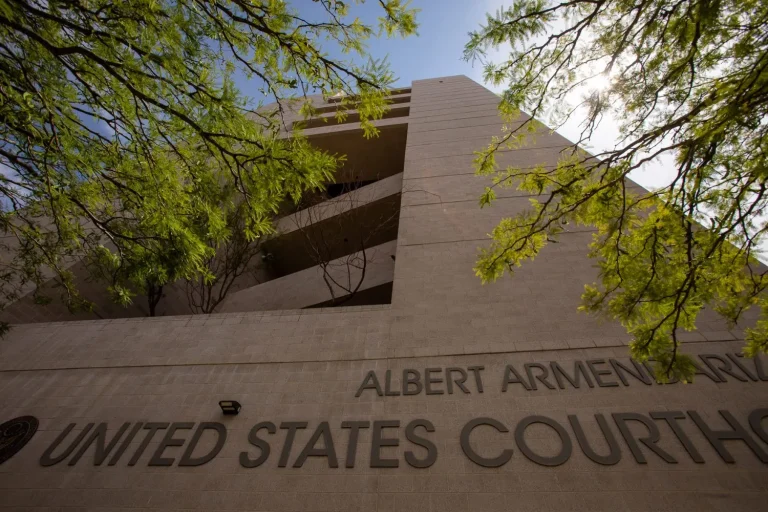


So, this morning I found lots of info on this stating that the hand counts were in and the voting machines were fraudulent. Now, 4 hours later, I can’t find any reports from today!!!!! WTF??????????????????????/